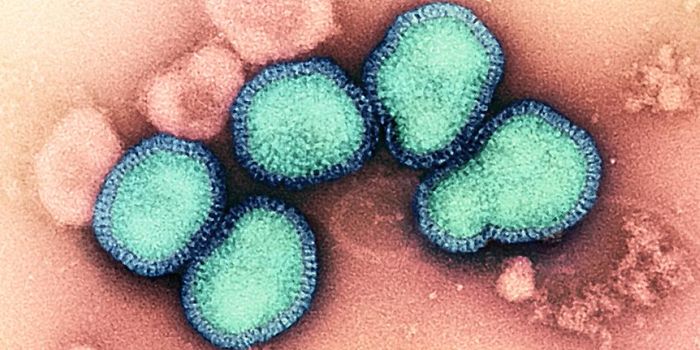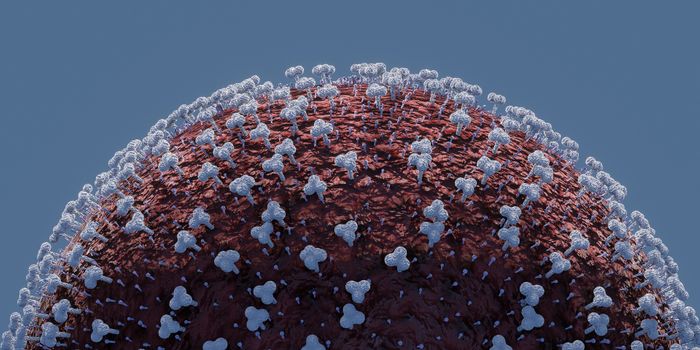Stress Accelerates Immune System Aging
Stress, from problems that people experience every day like discrimination, tension, and strain, to more traumatic events like the death of a loved one can wreak havoc on the body. Stress is known to weaken our immune system, impair our health, and accelerate aging. Researchers have now found that stress can accelerate the aging of the immune system. The findings have been reported in the Proceedings of the National Academy of Sciences (PNAS).
As people age, their immune system tends to get weaker, leaving them more vulnerable to infection and illness. This research indicates that people who experience a lot of stress might have even more problems than those who don't as their immune system gets older. Aging immune systems have been associated with an increased risk of some types of cancer, cardiovascular disease, pneumonia, and a reduction in vaccine efficacy.
The decline of immune system function during aging is known as immunosenescence. As people get older, the white blood cells in circulation start to wear out, and they are not replenished by enough "naive" white blood cells that can take on new pathogens. But not all aging people experience immunosenescence at the same rate. Since stress is known to be harmful to health, researchers wanted to see if it was also connected to changes in the aging immune system.
The researchers were able to access a repository of social and health data on 5,744 American adults over age 50. The questionnaires that study volunteers completed were meant to assess social stress levels, including experiences of discrimination, life events, and chronic stress. Blood samples from the participants were also utilized to quantify the levels of blood cells that they carried.
The work indicated that people who had self-reported higher levels of stress had immune profiles that seemed older; they had many used, worn-out white blood cells and lower levels of naive, fresh T cells that are ready to battle new pathogens they identify in the body.
While some stressful events in life are unavoidable, the researchers suggested that some premature immune aging is preventable.
T cells mature in the thymus, which is known to get smaller and produce fewer T cells as people get older. Poor nutrition and inadequate exercise, both of which have been linked to social stress, seem to accelerate that shrinkage.
"In this study, after statistically controlling for poor diet and low exercise, the connection between stress and accelerated immune aging wasn't as strong. What this means is people who experience more stress tend to have poorer diet and exercise habits, partly explaining why they have more accelerated immune aging," suggested lead study author Eric Klopack, PhD, a postdoctoral researcher at USC.
If older adults get enough exercise and eat a healthy diet, they might offset some of the aging in their immune systems that's linked to stress.
A very common but typically asymptomatic virus called cytomegalovirus (CMV) has also been shown to accelerate immune aging. If people are vaccinated for CMV, it may prevent even more stress-associated immune aging as well, suggested the researchers.
Sources: University of Southern California, Proceedings of the National Academy of Sciences









